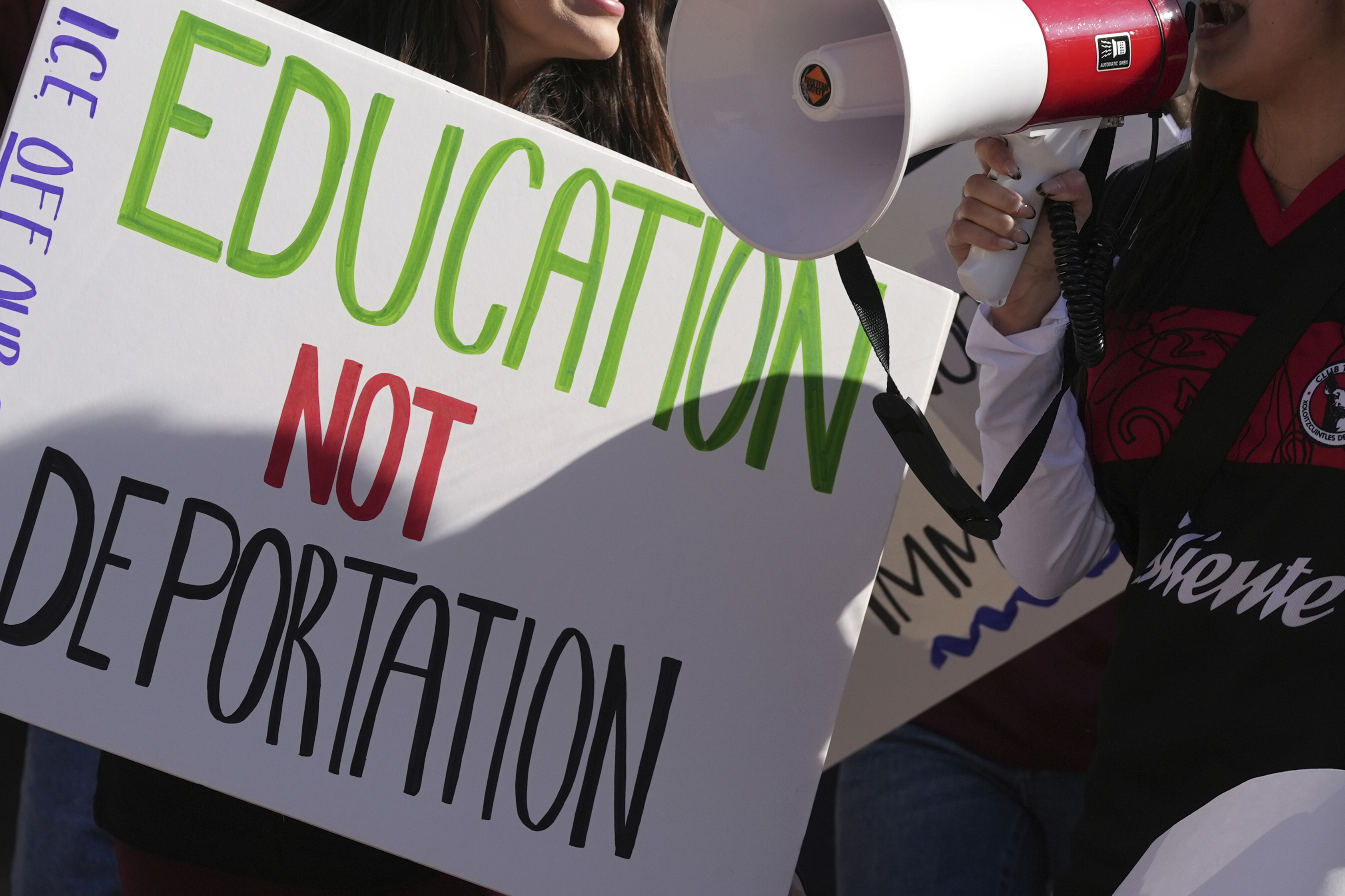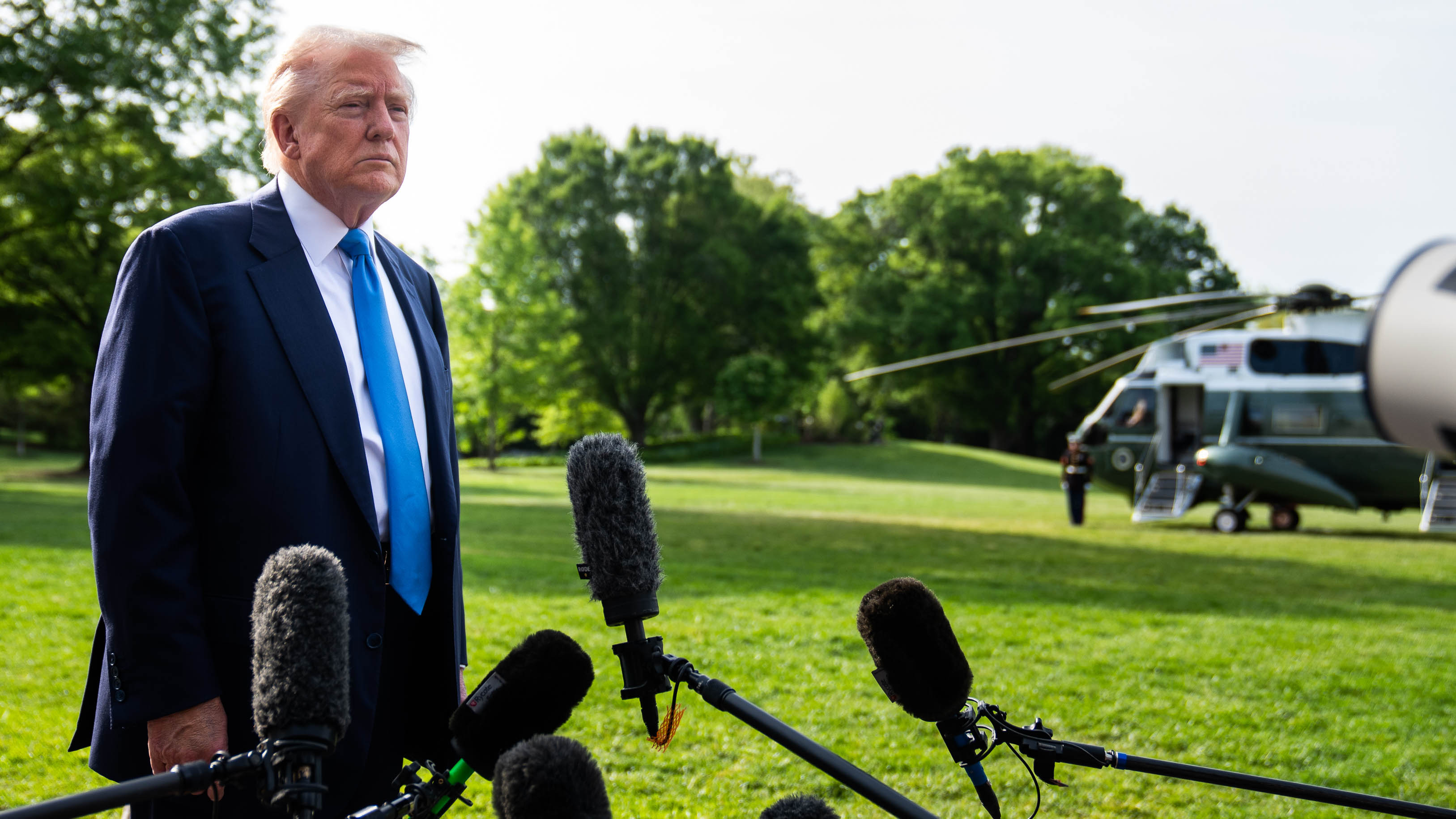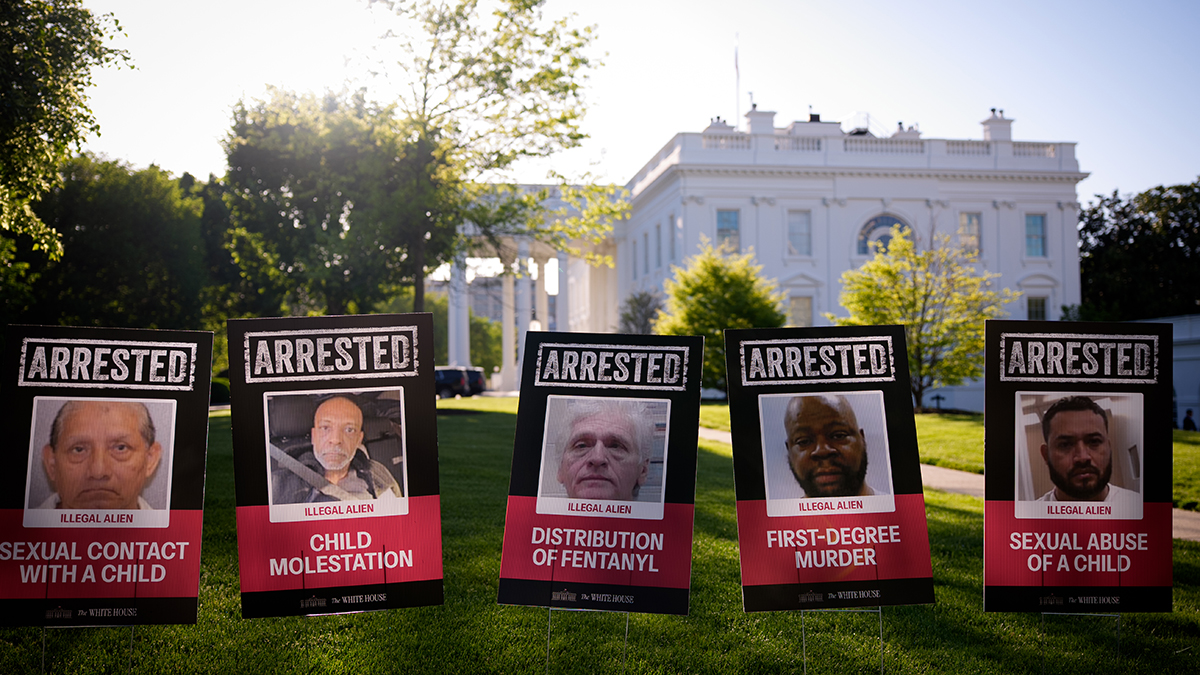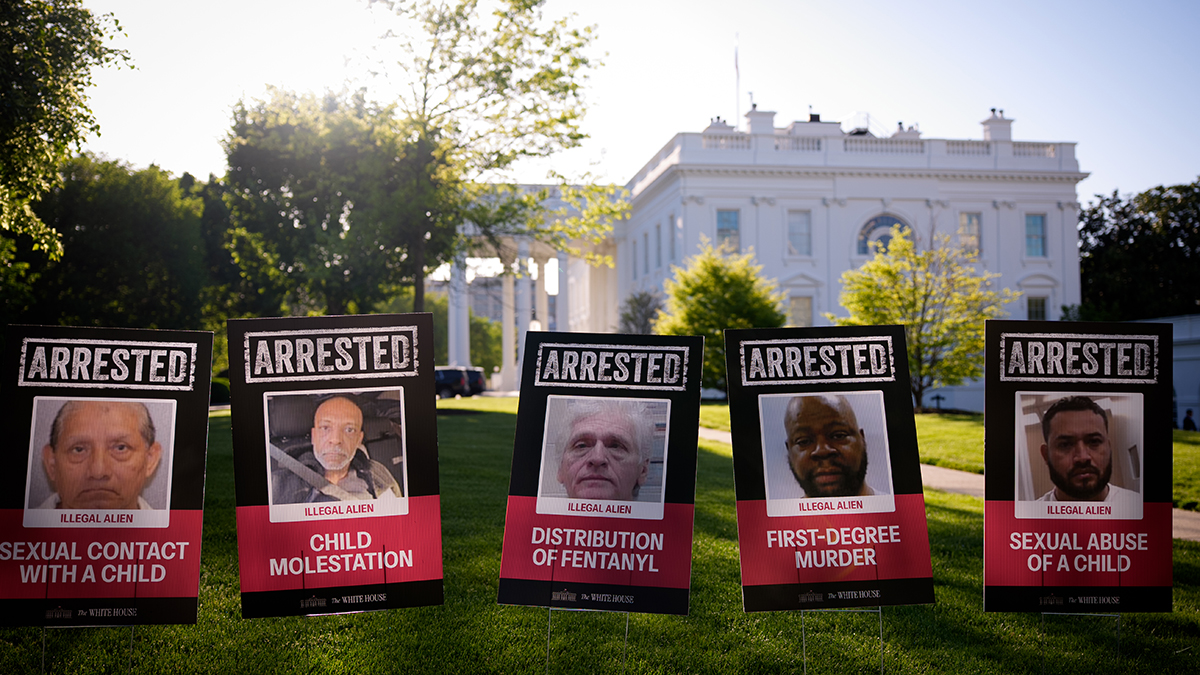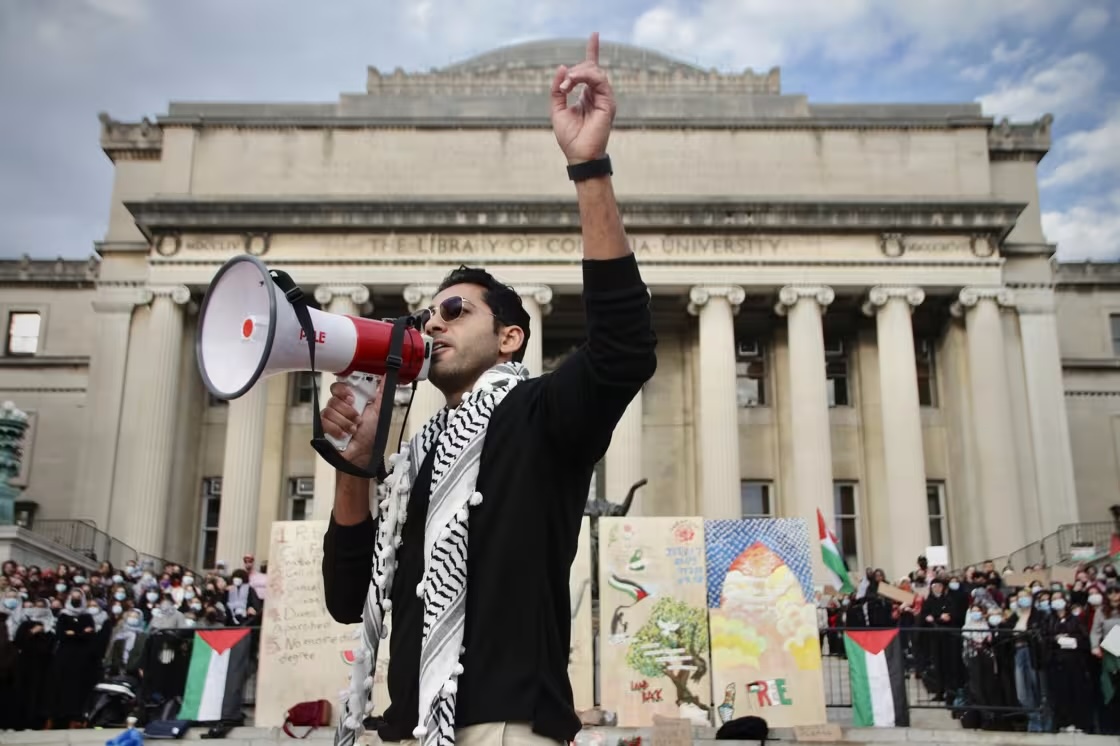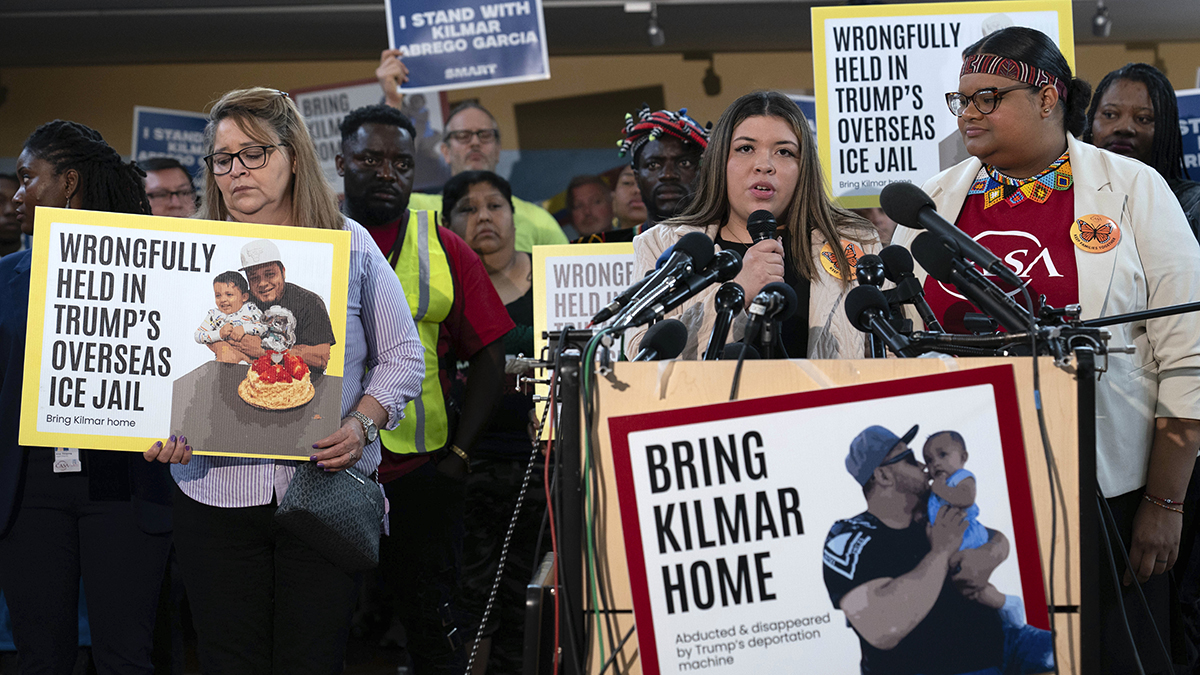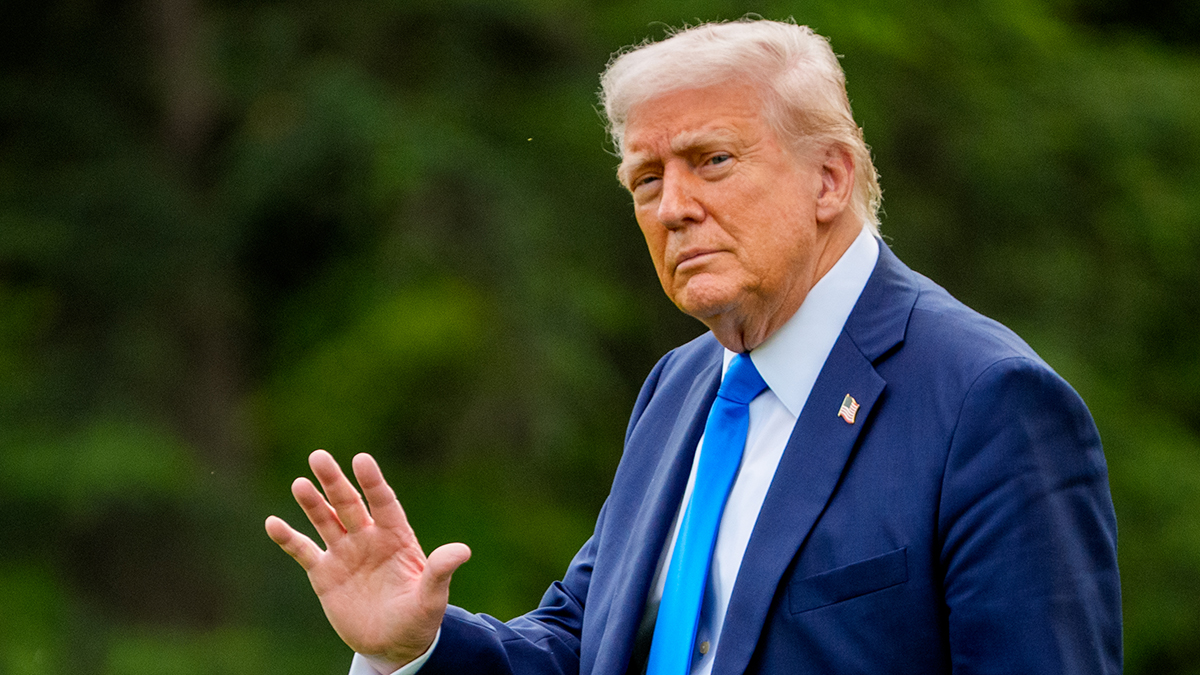International Students' Legal Status Restored: What's Next?
Trump Admin Reverses Course: International Students Get Reprieve!
Introduction: A Welcome U-Turn for International Students
Remember that feeling when you thought you were heading down a one-way street the wrong way, and then suddenly, someone waved you back? That's kind of what's happening with the Trump administration's recent decision regarding international students. For weeks, the rug was seemingly pulled out from under countless students, their visas revoked, their legal statuses terminated. But now, there's a glimmer of hope, a U-turn, a lifeline.
This isn't just about paperwork and legal jargon; it's about dreams, futures, and the contributions that international students make to our society. Let’s dive into what happened, why it matters, and what the future might hold.
The Initial Shockwave: Visa Revocations and Terminated Statuses
Just a few weeks ago, the air was thick with uncertainty. The Trump administration, under the guise of addressing security concerns and cracking down on perceived abuses, began terminating the legal statuses of international students. Imagine waking up one day to find out that your right to study, to live, to be here, was suddenly gone. Scary, right?
Targeting Concerns: Political Activism and Past Offenses
The rationale behind this initial move seemed to target students with histories of political activism or past charges, like DUIs. But did the punishment really fit the crime? Was it fair to jeopardize someone's entire future based on potentially isolated incidents? Many thought not.
The Reversal: A Government Attorney Speaks Out
Then came the unexpected news: a reversal! At a hearing in the Northern District of California, a Justice Department attorney, Elizabeth D. Kurlan, announced that the records of affected international students would be reactivated. It was like a breath of fresh air after holding your breath for too long.
"A Framework for Status Record Termination": What Does it Mean?
Kurlan clarified that this reactivation is temporary, as Immigration and Customs Enforcement (ICE) is working on a new policy that will “provide a framework for status record termination.” This suggests a more structured, less arbitrary approach to future decisions. It's like saying, "Okay, we're not completely abandoning this idea, but we're going to think about it more carefully."
SEVIS and Its Role
“ICE still maintains the authority to terminate a SEVIS record for other reasons,” Kurlan stated, referring to the Student and Exchange Visitor Information System (SEVIS). SEVIS is the system that tracks international students and exchange visitors in the United States. It's essentially the backbone of their legal status. If your SEVIS record is terminated, you're in trouble.
Understanding SEVIS: The Central Nervous System of International Student Status
Think of SEVIS as the central nervous system for international students. It's where all the vital information is stored and tracked. Any disruption to SEVIS can have serious consequences. Understanding how it works is crucial for both students and institutions.
The Bigger Picture: Trump Administration's Immigration Policies
This isn't happening in a vacuum. The Trump administration has consistently pursued stricter immigration policies throughout its tenure. This move, and the subsequent reversal, are just pieces of a larger puzzle.
DACA, Travel Bans, and More: A History of Immigration Reform Efforts
From the Deferred Action for Childhood Arrivals (DACA) program to travel bans targeting specific countries, the administration's immigration policies have been a constant source of debate and controversy. This latest episode involving international students adds another layer to that complex narrative.
The Impact on International Students
The initial policy caused widespread anxiety and uncertainty among international students. Many were left wondering about their future and whether they would be able to continue their studies. The reversal offers some relief, but the lingering threat of future restrictions remains.
Mental Health and Uncertainty: The Psychological Toll
Imagine the stress of suddenly facing deportation, the financial implications, the disruption to your education. The psychological toll on these students has been significant. Even with the reversal, the uncertainty lingers, creating a climate of fear and anxiety.
The Role of Universities and Colleges
Universities and colleges have been strong advocates for international students, recognizing their value to the academic community and the economy. They have lobbied against restrictive policies and provided support to affected students.
Providing Support and Advocacy: Universities Step Up
From legal assistance to counseling services, universities have stepped up to support their international students. They understand that these students are not just numbers; they are valuable members of the community who contribute to the intellectual and cultural vibrancy of the institution.
The Future of International Student Policies
What does the future hold? It's hard to say for sure. The upcoming election will undoubtedly play a significant role in shaping future immigration policies. But one thing is clear: the debate over international students and their place in our society is far from over.
The Election and Beyond: Potential Scenarios
Depending on the outcome of the election, we could see a continuation of restrictive policies or a move towards more welcoming and inclusive ones. The future remains uncertain, but the stakes are high.
The Importance of International Students
It's crucial to remember why international students are so valuable. They bring diverse perspectives, contribute to research and innovation, and enrich our society in countless ways. They are not just here to get an education; they are here to learn, to grow, and to contribute.
Economic Contributions and Cultural Exchange: The Benefits are Clear
International students contribute billions of dollars to the U.S. economy each year. They also foster cultural exchange and understanding, which is essential in an increasingly interconnected world. To treat them with suspicion and hostility is not only unfair but also short-sighted.
The Legal Challenges and Lawsuits
Many organizations and institutions have filed lawsuits challenging the administration's immigration policies, arguing that they are discriminatory and violate due process. These legal challenges have played a crucial role in pushing back against the administration's efforts to restrict immigration.
The Fight in the Courts: Holding the Government Accountable
The courts have served as a critical check on the power of the executive branch, holding the government accountable for its actions. These legal battles are not just about individual cases; they are about upholding the rule of law and protecting the rights of all people.
The Human Cost of Restrictive Policies
Ultimately, the debate over immigration policies is about more than just numbers and statistics. It's about the human cost of these policies, the lives that are affected, and the dreams that are shattered. It's about treating people with dignity and respect, regardless of their immigration status.
Stories of Resilience and Determination: The Human Side of the Issue
Amidst all the uncertainty and anxiety, there are countless stories of resilience and determination. International students who have overcome incredible obstacles to pursue their education, who have refused to give up on their dreams. These stories remind us of the human side of this issue and the importance of fighting for a more just and equitable world.
Conclusion: A Step in the Right Direction, But the Journey Continues
The Trump administration's reversal is a welcome step in the right direction, offering a temporary reprieve to international students whose statuses were threatened. However, the underlying issues remain unresolved, and the future of international student policies remains uncertain. We must continue to advocate for policies that are fair, just, and welcoming to all, recognizing the invaluable contributions that international students make to our society.
Frequently Asked Questions
- What exactly does "reactivating" a SEVIS record mean?
Reactivating a SEVIS record means that the student's legal status to study in the US is restored, allowing them to continue their academic program without immediate threat of deportation. It's like getting a green light after a red light.
- Is this reversal permanent?
No, it's not permanent. The government attorney stated that ICE is working on a new policy for status terminations, so the situation could change again. Keep a close eye on official announcements and consult with your school's international student office.
- What if I was already in the process of leaving the country when the reversal was announced?
You should contact your school's international student office immediately. They can advise you on the best course of action and whether you can re-enter the US based on the reactivated SEVIS record.
- Does this affect all international students, or only those who had their visas revoked recently?
This reversal primarily affects international students whose records were terminated in recent weeks due to the now-paused policy. If your visa or SEVIS record was terminated for a different reason, you should seek specific legal advice.
- Where can I find the most up-to-date information on this policy change?
The best sources of information are official government websites (ICE, DHS), your school's international student office, and reputable news outlets that cover immigration policy. Be wary of unverified information on social media.
